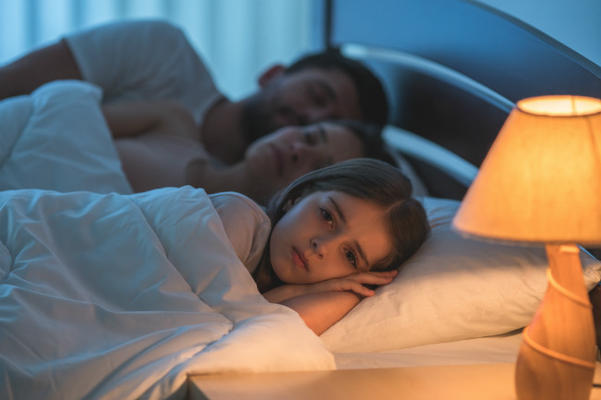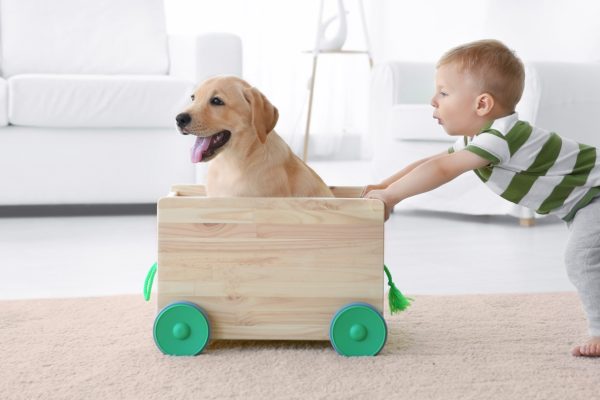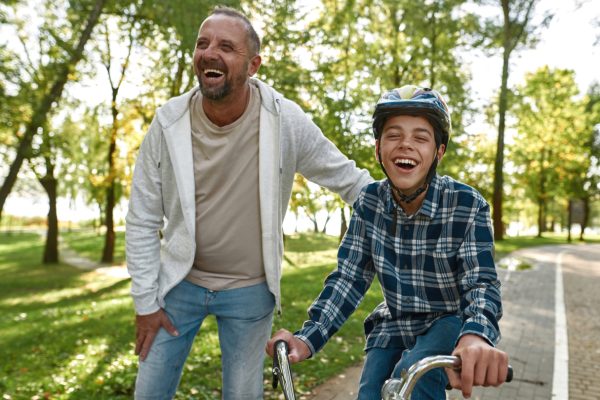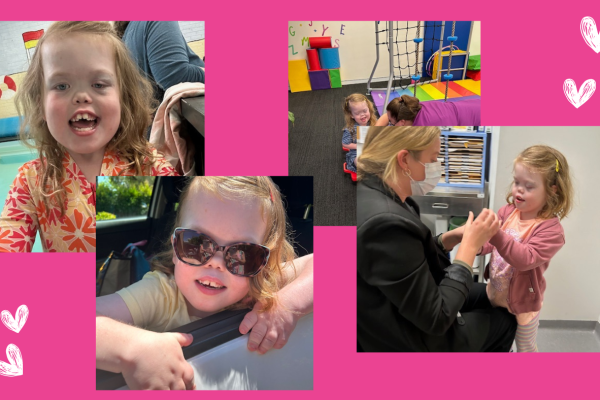
What do I do when…my child is dependent on co-sleeping
According to worldwide statistics, the number of parents who report that they co-sleep for at least part of the night is rising.
In order for co-sleeping to work, however, everyone involved has to be able to actually sleep and function. If having a child in your bed results in you or your partner taking up residence on the couch or if your children all decamp to your bed in the middle of your night but there is no room for you, it may be something that needs rethinking.
Many parents may not consider the strain that long term co-sleeping can put on their relationship. If you are co-sleeping, remember the importance of time together as a couple, date nights and getting away from it all even if it is just for a glass of wine in your garden!
If co-sleeping is something that works for your family, the most important thing to ensure is that everyone is safe and actually able to get a good night’s rest.
For some co-sleeping parents this happens nightly, some occasionally and some never. Here are some practical things to think about if your child sleeps with you and what to do if you want or need to transition them to their own bed or bedroom.
WHY DID IT START IN THE FIRST PLACE?
Some of you may not remember life without a little person in your bed! But if you can, try to recall how co-sleeping started in the first place. It may have been an unsettled newborn that was easier to keep close. Perhaps your child has an underlying anxiety and is unable to self-settle. It could be that the risk of seizures, sleep walking or sleep apnea mean you would rather keep your child close. Many children with additional needs are actually unable to sleep through the night due to processing issues, anxiety, bedwetting or hormonal imbalances. Each of these problems (and many others) have possible solutions.
WEANING YOUR CHILD OFF CO-SLEEPING
For children with special needs, a change in sleeping arrangements should be introduced gradually. There are several ways to do this depending on your child’s age and ability. You may consider a social story that explains to your child your expectation that they are going to sleep in their own bed and gives them a guide for what to do if they wake up in the night.
Options may include a mattress on your floor that they can come to or starting the night in their own bed but allowing them to come to you if they wake later. If their mobility doesn’t allow that, think about how close their room is to you and whether you can go to them to settle them back to sleep. Your night may still be disrupted but your child loses their dependence on having you there throughout the night.
Make their room a place that they want to sleep – buy new bed sheets that are themed with their favourite characters and allow them to choose the toys they want in their beds.
Reward charts can also work well and can be used for number of hours in their own bed, going to sleep without you or made specific to the challenge for that child.
FEELING COMFORTABLE WITH YOUR DECISION TO CO-SLEEP OR NOT
If you started co–sleeping due to a concern with your child, you may feel there is no alternative. I would recommend looking into seizure alarms/ apnea monitors/bedwetting alarms, which will wake you if there is a problem.
If you are concerned about your child’s anxiety, think about their bedtime routine and the time between school and bed.
Do they need time to process their day? Do they have a worry box that you can use with them before they go to sleep? Are they overstimulated just before bedtime? Do they know they can sleep in your room on a mattress if they wake or that you will come to them and resettle them?
Ultimately, if your child feels safe, they will likely sleep better. This means working out what they need in the bedroom environment to make that happen. You may be representing the sensory input they need; you may be their security blanket or they may just be responding to habit. Any of these can be replicated without your physical presence being required all night long.
Every family is unique and the decision to co-sleep or not is yours. Educate yourself by researching the pros and cons and then make the decision that works for your situation.


Highly qualified, Paediatric Nurse, Ariella Lew established Kids on Track in 2012. From her extensive work in both hospital and community settings in Australia, UK and South Africa, Ariella realised that a bespoke home based support service for families and care givers was lacking. This motivation was the basis for Kids on Track Paediatric Consultancy.
Kids on Track is an international consultancy, consulting to anyone, anywhere who feels they could benefit from structured advice relevant to a particular issue of concern relating to children and/or young adults. Whether in your own home or via phone or skype consultations, our goal is to provide the tools needed to manage any issues that are causing concern. This is achieved by using up to date research combined with a holistic health orientated approach. Kids on Track helps to give those feeling unsupported the tools to navigate and assist in facing hurdles; with strategies that are simple and straightforward to implement.
Ariella is delighted to be working with Source Kids. She has vast experience working within the disability sector both in schools; individual homes and in writing personalised care plans for a variety of organisations in order that the children they are working with can receive the best service. Ariella is passionate about empowering parents of those with a disability to be able to help their children become the very best version of themselves and working with these families is one of her favourite parts of her practice.
The Kids on Track website and Facebook page is continuously updated, providing a wealth of information with articles covering topics that are common concerns as well as regular blogs. Kids on Track also features on panel events with relevant and helpful tips covering topics like:
· Behaviour Management
· Family Dynamics
· Chronic illness Management
· Special Needs
· Sleep and Toilet Training
. Parenting
· Workshop and Information Sessions
· Advocacy/Case Management
For further information please visit: Kids on Track Consultancy W: www.kidsontrackconsultancy.com |E: [email protected] | FB: Kids on Track |Tel: 0429 222 670







